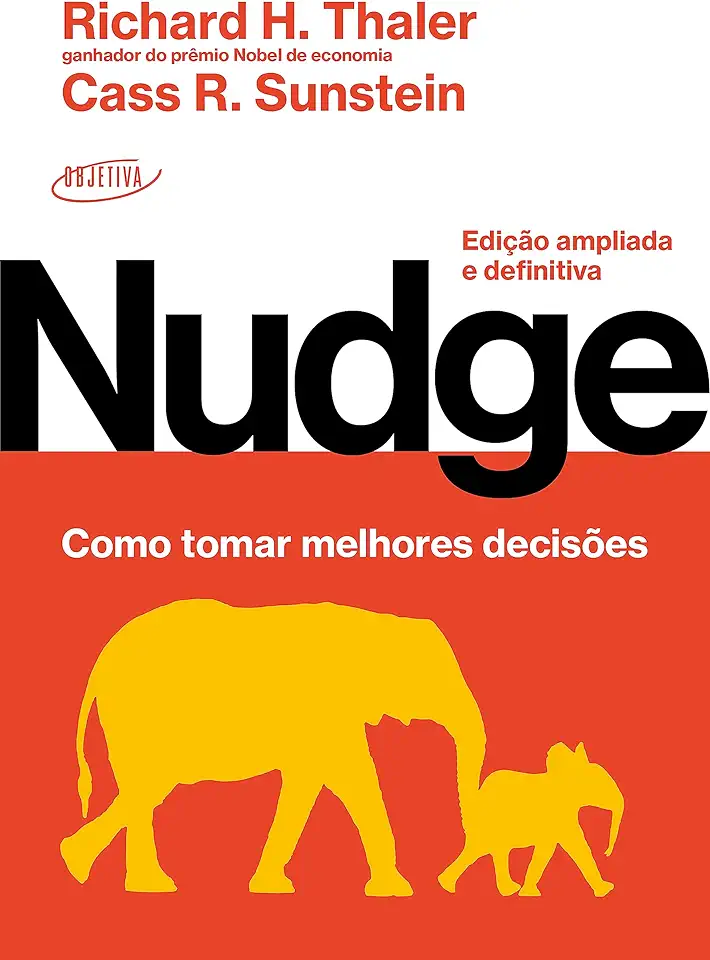
Nudge: Improving Decisions About Health, Wealth, and Happiness
Nudge: Improving Decisions About Health, Wealth, and Happiness
In the book "Nudge: Improving Decisions About Health, Wealth, and Happiness," authors Richard H. Thaler and Cass R. Sunstein present a groundbreaking approach to influencing human behavior through gentle "nudges" rather than heavy-handed mandates. Drawing on insights from behavioral economics and psychology, Thaler and Sunstein argue that small, well-designed changes in the way choices are presented can have a significant impact on people's decisions, leading to improved outcomes in various areas of life.
Understanding Nudges
Nudges are subtle cues or prompts that encourage people to make certain choices without explicitly telling them what to do. They work by tapping into our natural biases and heuristics, which are mental shortcuts that often lead us to make decisions based on emotions, social norms, or immediate gratification. By understanding these biases, policymakers and businesses can design nudges that steer people towards healthier, wealthier, and happier choices.
Examples of Nudges
The book provides numerous examples of nudges that have been successfully implemented in various settings. For instance, in the realm of health, nudges have been used to encourage people to eat healthier foods by placing healthier options at eye level in cafeterias or by using smaller plates to reduce portion sizes. In the area of wealth, nudges have been employed to increase retirement savings by automatically enrolling employees in retirement plans or by providing simple tools for budgeting and financial planning.
The Power of Defaults
One of the key concepts in the book is the power of defaults. Defaults are the options that are automatically selected for people if they do not make an active choice. By carefully setting defaults, policymakers and businesses can significantly influence people's decisions. For example, by making healthy foods the default option in cafeterias or by setting a higher default contribution rate for retirement plans, people are more likely to make healthier and more financially sound choices.
Overcoming Resistance to Nudges
While nudges can be effective in influencing behavior, there may be resistance from individuals who feel that their freedom of choice is being compromised. To address this concern, Thaler and Sunstein emphasize the importance of transparency and ethical considerations when designing nudges. Nudges should be designed to empower individuals and provide them with the information they need to make informed decisions.
Conclusion
"Nudge" is a thought-provoking and influential book that offers a practical framework for improving decision-making in various aspects of life. By understanding and utilizing nudges, policymakers, businesses, and individuals can encourage positive behavior change and promote better outcomes for society as a whole. Whether you are interested in improving your health, wealth, or happiness, this book provides valuable insights and tools to help you make better choices.